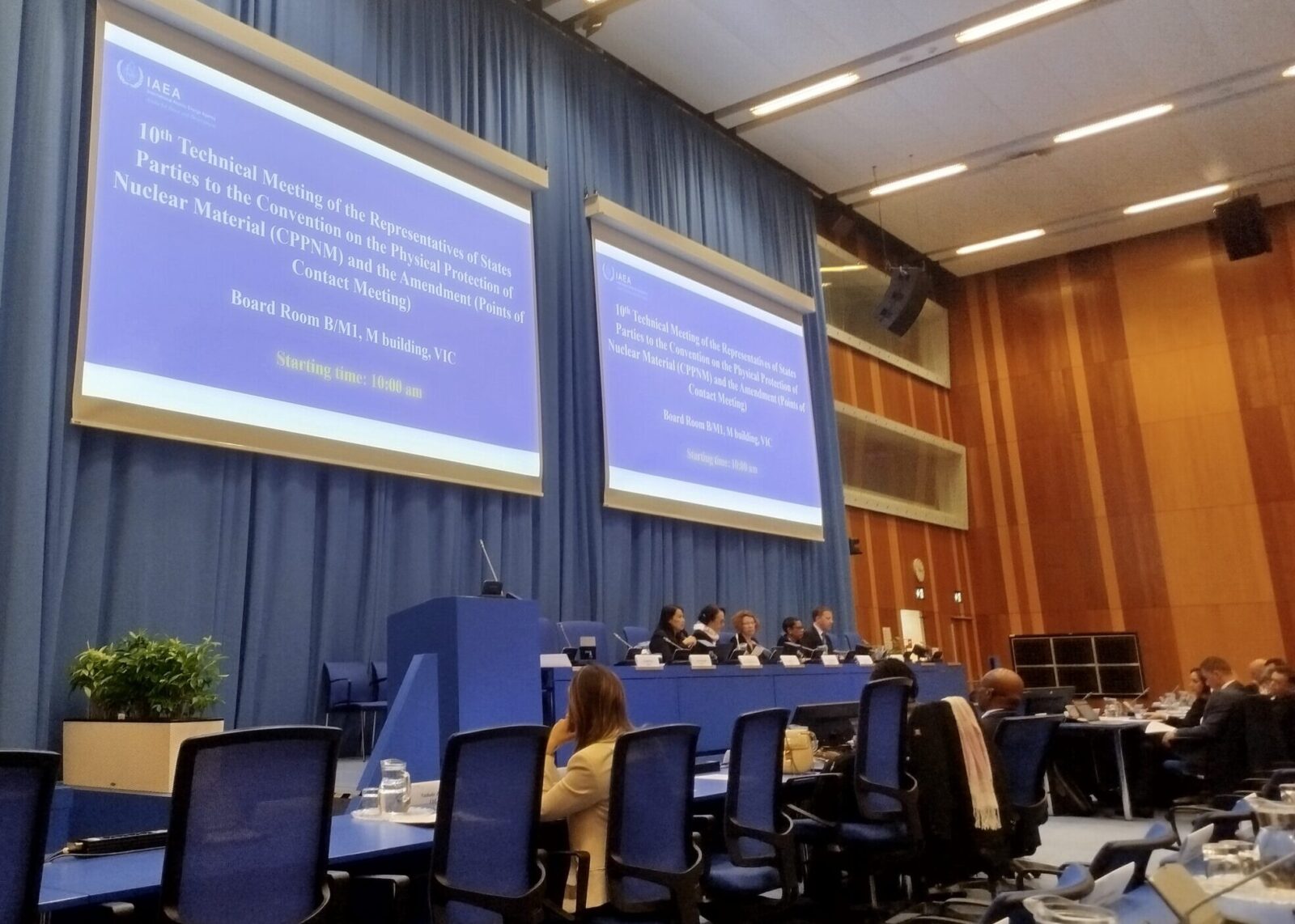In September 2024, Liberia marked a pivotal moment in nuclear security by becoming the latest African nation to accede to the Convention on the Physical Protection of Nuclear Material (CPPNM). This development coincides with South Africa’s acceptance of the 2005 Amendment to the CPPNM, underscoring Africa’s growing commitment to global nuclear security standards. These milestones highlight the continent’s proactive role in safeguarding nuclear material and addressing evolving threats.
Liberia’s Accession to the CPPNM
Liberia’s decision to join the CPPNM reflects its dedication to preventing nuclear terrorism and illicit trafficking. The convention, which establishes legally binding measures for the physical protection of nuclear material during international transport, also encourages international cooperation in recovering stolen materials and prosecuting offenders.
By acceding to the CPPNM, Liberia joins a growing number of African states committed to fostering a robust nuclear security framework. This move enhances the country’s standing in international security forums and opens opportunities for capacity-building and technical support from organizations such as the International Atomic Energy Agency (IAEA).
South Africa Accepts the 2005 Amendment
In a complementary development, South Africa—the only African country with an operational nuclear power plant—has accepted the 2005 Amendment to the CPPNM. The amendment extends the convention’s scope to cover nuclear material in domestic use, storage, and transport. It also emphasizes the protection of nuclear facilities against sabotage, making it a cornerstone of global nuclear security efforts.
South Africa’s acceptance reaffirms its leadership in nuclear security and non-proliferation on the continent. With its advanced nuclear infrastructure and active participation in international nuclear governance, South Africa continues to play a critical role in shaping the African nuclear security landscape.
A Unified African Front
These dual milestones reflect Africa’s increasing recognition of the risks associated with nuclear and radioactive materials. Countries like Ghana, Nigeria, and Kenya have already implemented robust nuclear security measures, demonstrating the continent’s commitment to maintaining a secure and peaceful nuclear environment. Liberia’s and South Africa’s actions are expected to inspire other African nations to accelerate their adoption of international nuclear security instruments.
Next Steps for Liberia and South Africa
For Liberia, the focus will now shift to implementing the CPPNM’s provisions, including developing legal and regulatory frameworks, enhancing law enforcement capabilities, and fostering international partnerships.
For South Africa, the acceptance of the 2005 Amendment strengthens its commitment to aligning domestic policies with international best practices. It also positions the country to provide technical expertise and leadership to other African nations pursuing similar paths.
Conclusion
Liberia’s accession to the CPPNM and South Africa’s acceptance of the 2005 Amendment mark significant milestones in Africa’s journey toward a safer nuclear future. These developments not only enhance the continent’s nuclear security posture but also underscore its commitment to global peace and security.
As Africa continues to unite in addressing nuclear security challenges, these steps will serve as a foundation for greater regional cooperation and capacity-building, ensuring that nuclear material and facilities remain protected against emerging threats.
These achievements deserve recognition as Africa takes its rightful place in the global nuclear security architecture. NuclearAfrica.net will continue to spotlight such advancements, showcasing the continent’s leadership in this critical field.
